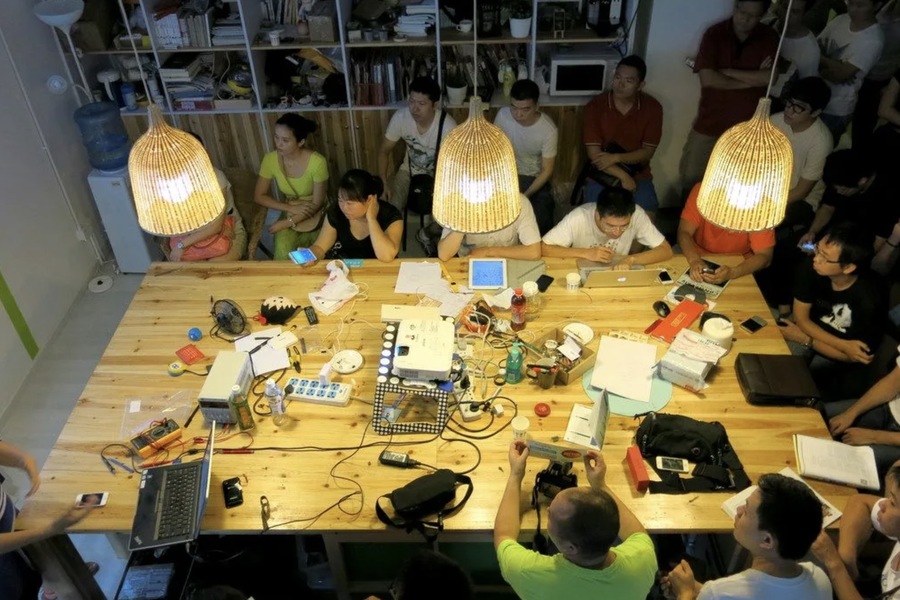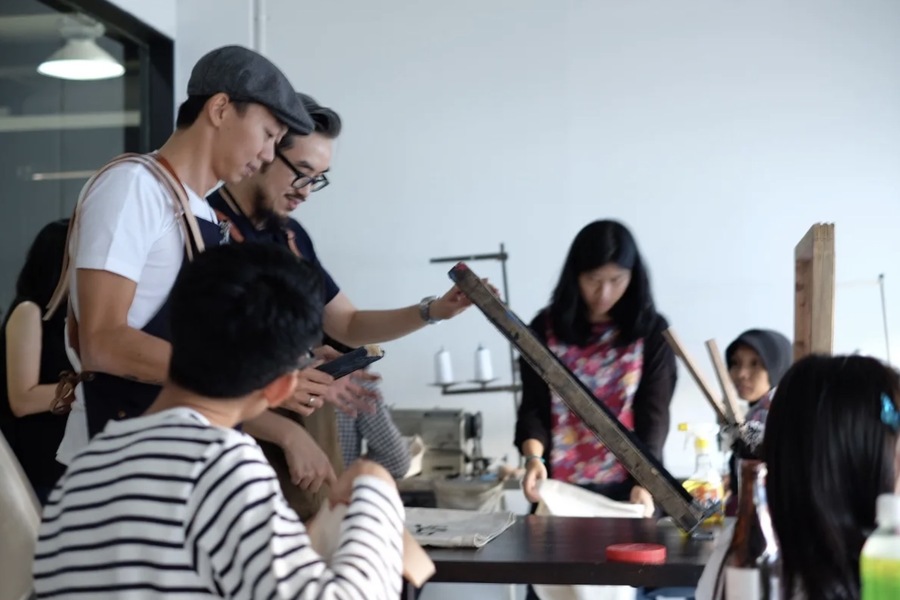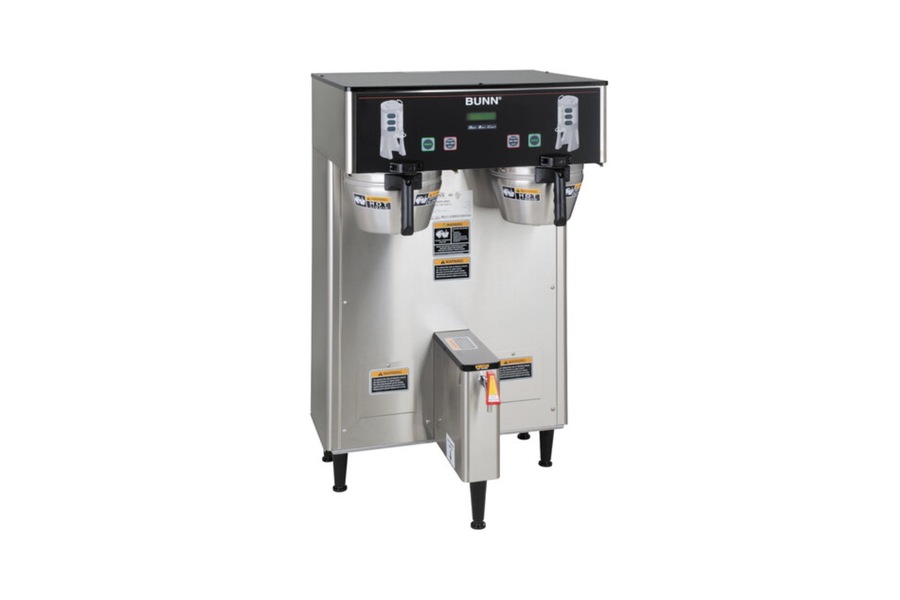The DIY (Do-It-Yourself) culture in the UAE has grown significantly over the past few years, supported by a rise in workshops, makerspaces, and a strong community of enthusiasts. Sanding tools, including the belt sander, play a crucial role in this ecosystem, enabling individuals to work on various projects with precision and efficiency. This article explores how sanding tools have become instrumental in fostering the DIY movement in Dubai and the UAE region, highlighting key trends, the importance of proper tool selection, and the evolving role of makerspaces in supporting this creative landscape.
The Growth of DIY Culture in the UAE
The DIY movement in the UAE has evolved from a niche activity to a thriving community that spans various age groups and backgrounds. A key driver of this growth has been the increasing availability of resources such as workshops and makerspaces, where individuals can access high-quality tools and equipment. The UAE government’s focus on innovation and entrepreneurship has further fueled this trend, with initiatives aimed at promoting creative skills and craftsmanship. According to the Dubai SME, creative industries have seen a steady rise, reflecting a growing interest in hands-on activities like woodworking, metalworking, and arts and crafts.
How Sanding Tools Support DIY Projects
Sanding tools, including belt sanders, are essential for a wide range of DIY projects. These tools help smooth surfaces, shape materials, and prepare items for further finishing. Whether working on wood, metal, or plastic, sanding tools provide control and precision, making it easier to achieve professional-quality results. For example, a belt sander can be used to remove rough spots from reclaimed wood, creating a smooth surface suitable for painting or staining. In DIY culture, where experimentation and creativity are valued, having the right sanding tools can make a significant difference in the quality and outcome of a project.

The Role of Makerspaces in Promoting DIY Culture
Makerspaces have become a cornerstone of the DIY movement in the UAE, providing shared spaces where individuals can work on projects, learn new skills, and collaborate with others. These spaces are equipped with a variety of tools, including sanding equipment, which makes it easier for beginners and professionals alike to undertake complex tasks. Makerspaces such as the Dubai Design District and Alserkal Avenue offer access to workshops, advanced tools, and a supportive community, enabling individuals to experiment with new ideas and bring their creative visions to life. The availability of sanding tools in these settings enhances the overall experience, allowing users to achieve precise finishes and shapes.
Key Sanding Tools Used in DIY Projects
Several types of sanding tools are commonly used in DIY projects. Belt sanders are ideal for larger surfaces and initial smoothing stages, while orbital sanders provide finer finishes and can handle curved surfaces. Detail sanders, on the other hand, are used for small, intricate areas. Each tool serves a unique purpose, and selecting the right one is essential for the success of a project. Understanding the capabilities of each sander helps users achieve the desired result more efficiently. For example, using a belt sander to strip paint or varnish from old wood can save time and effort, making it easier to prepare the material for reuse.
Sanding Tools and Sustainability in DIY Culture
Sanding tools contribute to sustainable practices in DIY projects by enabling the reuse and upcycling of materials. In the UAE, where sustainability is a key focus, upcycling and repurposing have become popular activities. Sanding tools allow users to restore old furniture, repurpose discarded wood, and create new items from recycled materials. This not only reduces waste but also supports a circular economy. According to the Dubai Municipality, sustainability initiatives have led to increased awareness about environmental practices, encouraging residents to engage in DIY activities that promote reuse and reduce the need for new resources.
Enhancing Skill Development through Sanding Techniques
Using sanding tools effectively requires a certain level of skill, which can be developed through practice and hands-on experience. Workshops and makerspaces in the UAE often host classes and tutorials on sanding techniques, enabling participants to build their skills in a supportive environment. Learning how to use tools like belt sanders and detail sanders helps individuals gain confidence in their abilities and improve their craftsmanship. These skills are transferable across various projects, making it easier for DIY enthusiasts to tackle new challenges and experiment with different materials and finishes.
Community Engagement and Collaboration in Makerspaces
One of the most valuable aspects of makerspaces is the opportunity they provide for community engagement and collaboration. In these environments, individuals can share knowledge, exchange ideas, and work on joint projects. Sanding tools are often shared resources in these spaces, allowing members to experiment with different techniques and receive feedback from others. The collaborative nature of makerspaces helps build a sense of community and encourages continuous learning. This support network is particularly important for beginners, who can benefit from the guidance and expertise of more experienced members.
Selecting the Right Sanding Tools for Makerspaces
Makerspaces often need to consider a variety of factors when selecting sanding tools. Durability, ease of use, and safety features are key considerations, as these tools will be used by multiple individuals with varying skill levels. Belt sanders, for instance, should have adjustable speed settings to accommodate different materials and project requirements. Additionally, tools should be ergonomically designed to minimize strain during prolonged use. By choosing high-quality sanding tools, makerspaces can ensure a positive experience for their members and reduce the risk of equipment-related issues.

Addressing Challenges in DIY Culture in the UAE
Despite the growing popularity of DIY culture in the UAE, there are still challenges that enthusiasts face. Access to affordable tools and materials can be a barrier, particularly for those who are just starting. Makerspaces help mitigate this issue by providing shared resources, but there is a need for greater availability of entry-level tools in the local market. Additionally, the extreme climate in the UAE can pose challenges when working with certain materials. Sanding tools must be maintained properly to ensure optimal performance in high-temperature conditions, which requires regular cleaning and adjustments.
The Future of DIY Culture and Makerspaces in the UAE
The future of DIY culture in the UAE is promising, with continued growth expected in the number of workshops, makerspaces, and community initiatives. As more individuals seek creative outlets and hands-on experiences, the demand for high-quality tools, including sanding equipment, will likely increase. In response, makerspaces may expand their offerings, incorporating advanced tools and technology to support a wider range of projects. The government’s support for creative industries and entrepreneurship will also play a role in shaping the DIY landscape, making it an exciting time for both new and experienced makers in the region.
Conclusion
Sanding tools are a vital component of the DIY culture in the UAE, enabling individuals to work on diverse projects with precision and creativity. From workshops to makerspaces, these tools have fueled the growth of the DIY movement by making it easier to restore, upcycle, and create new items. The availability of tools such as belt sanders in shared spaces has lowered the entry barrier for enthusiasts, promoting skill development and collaboration. As DIY culture continues to evolve, sanding tools will remain essential, supporting sustainability, innovation, and community engagement in Dubai and across the UAE region.

I act as a financial expert on the Today Show and Good Morning, America. I like to give reasonable advice on budgeting to people with any income level.






